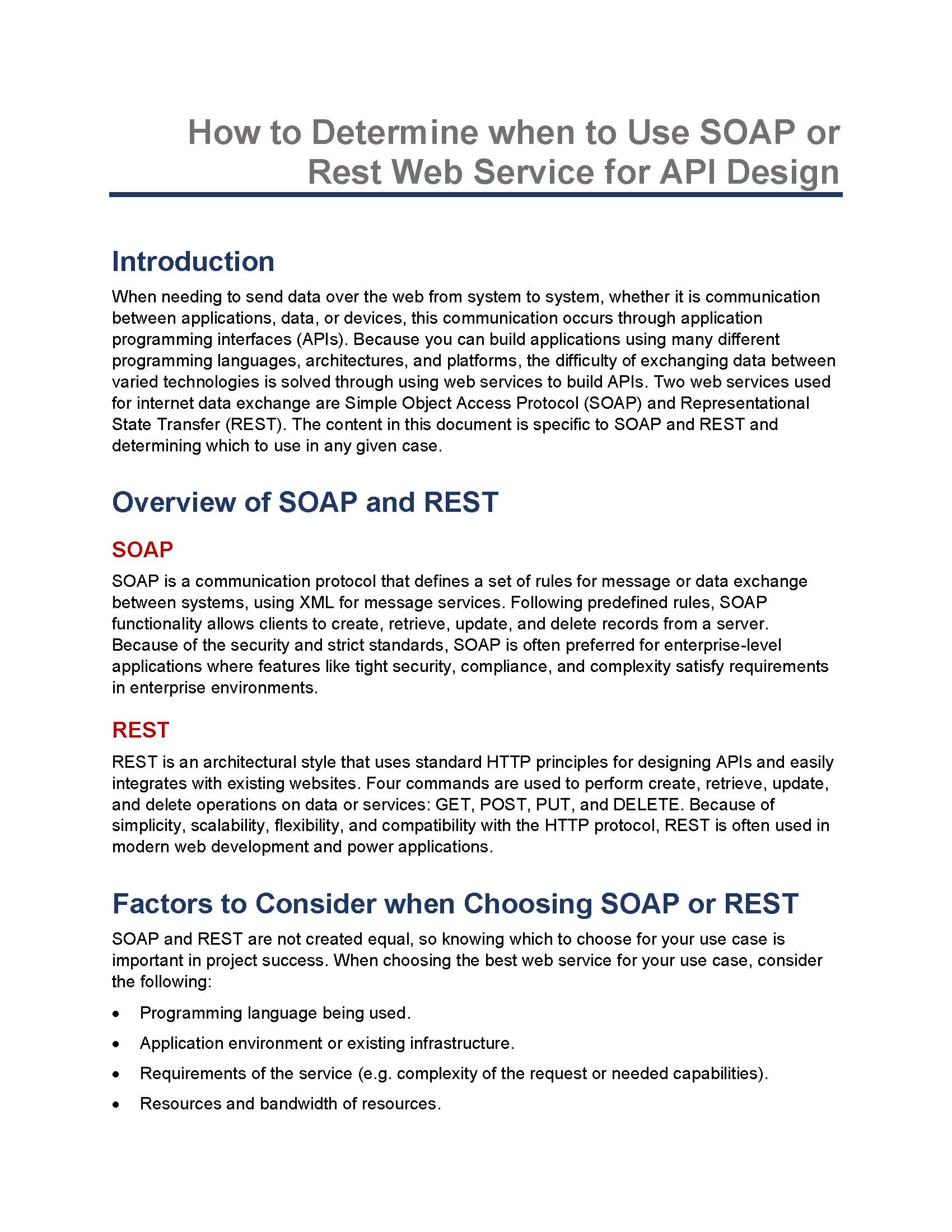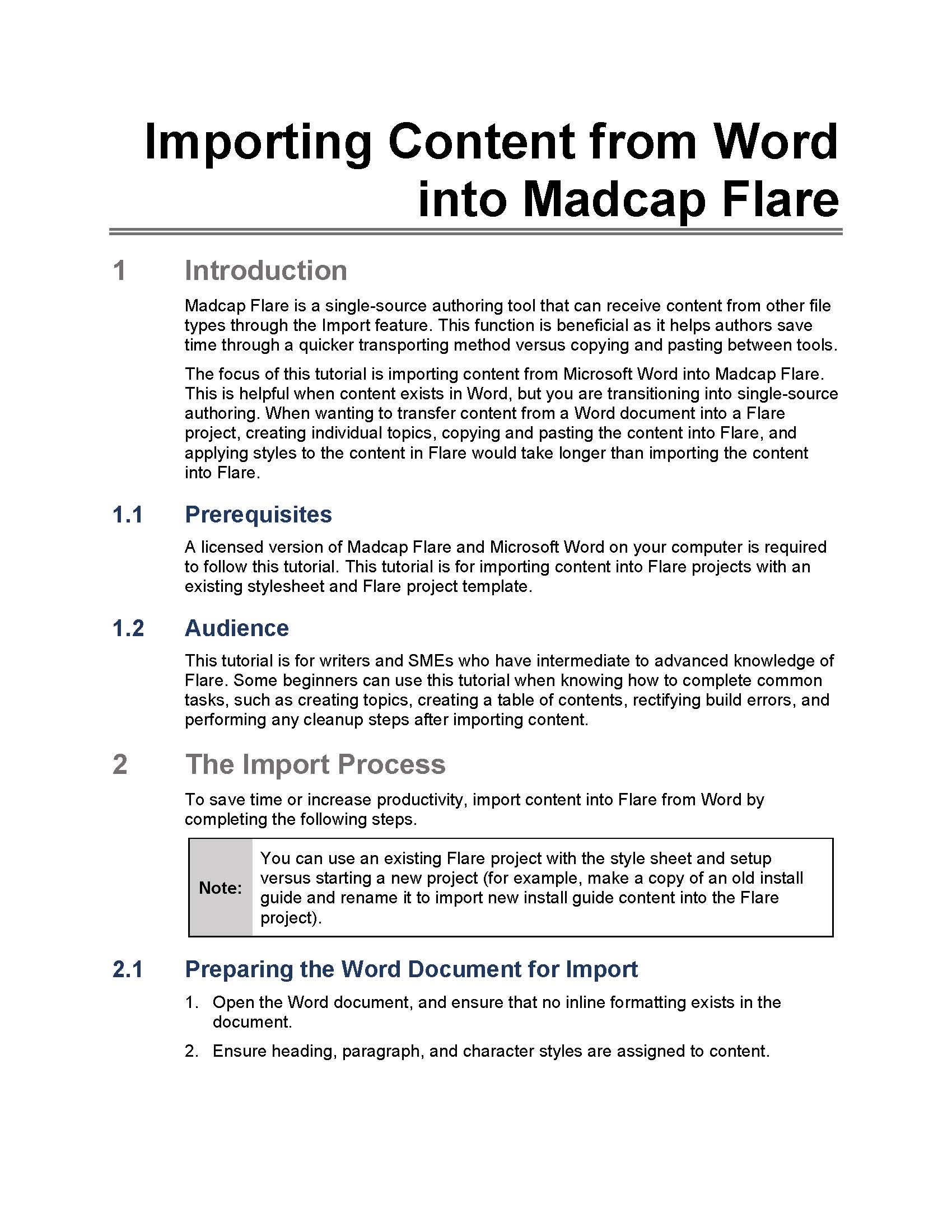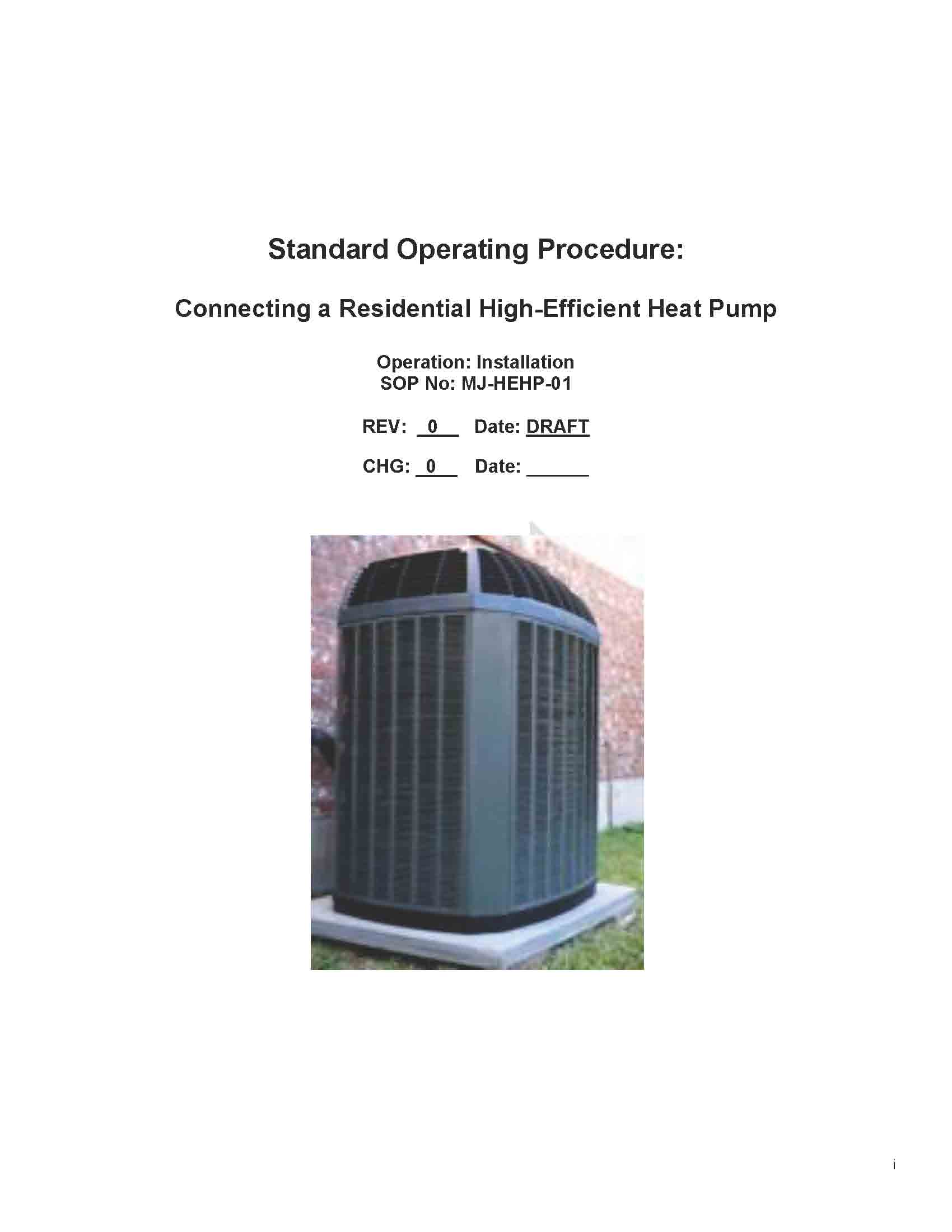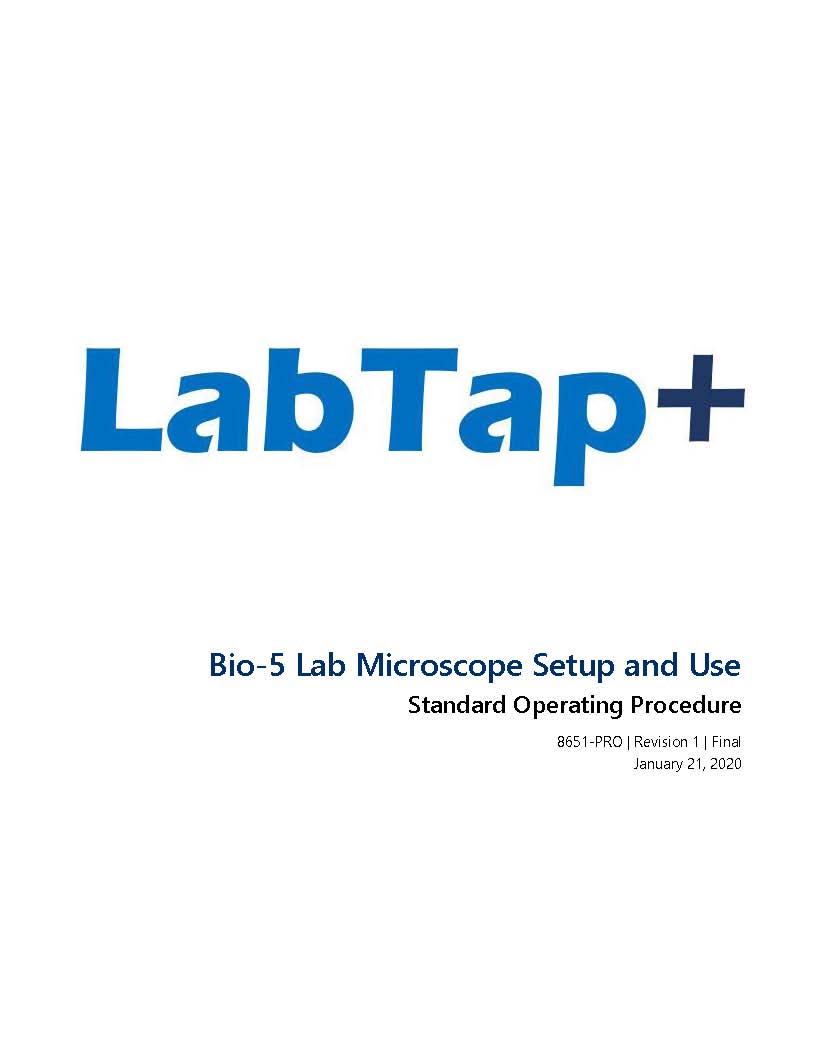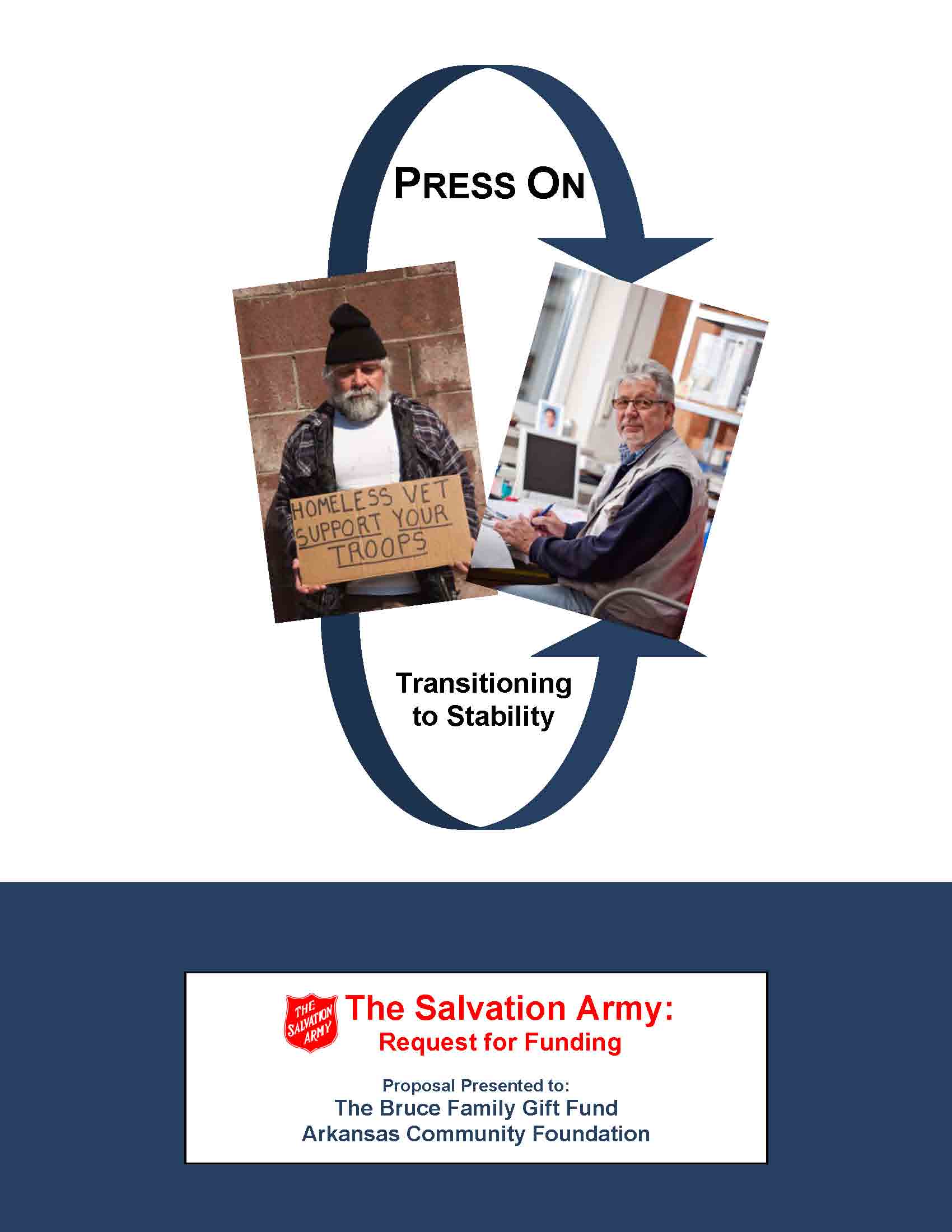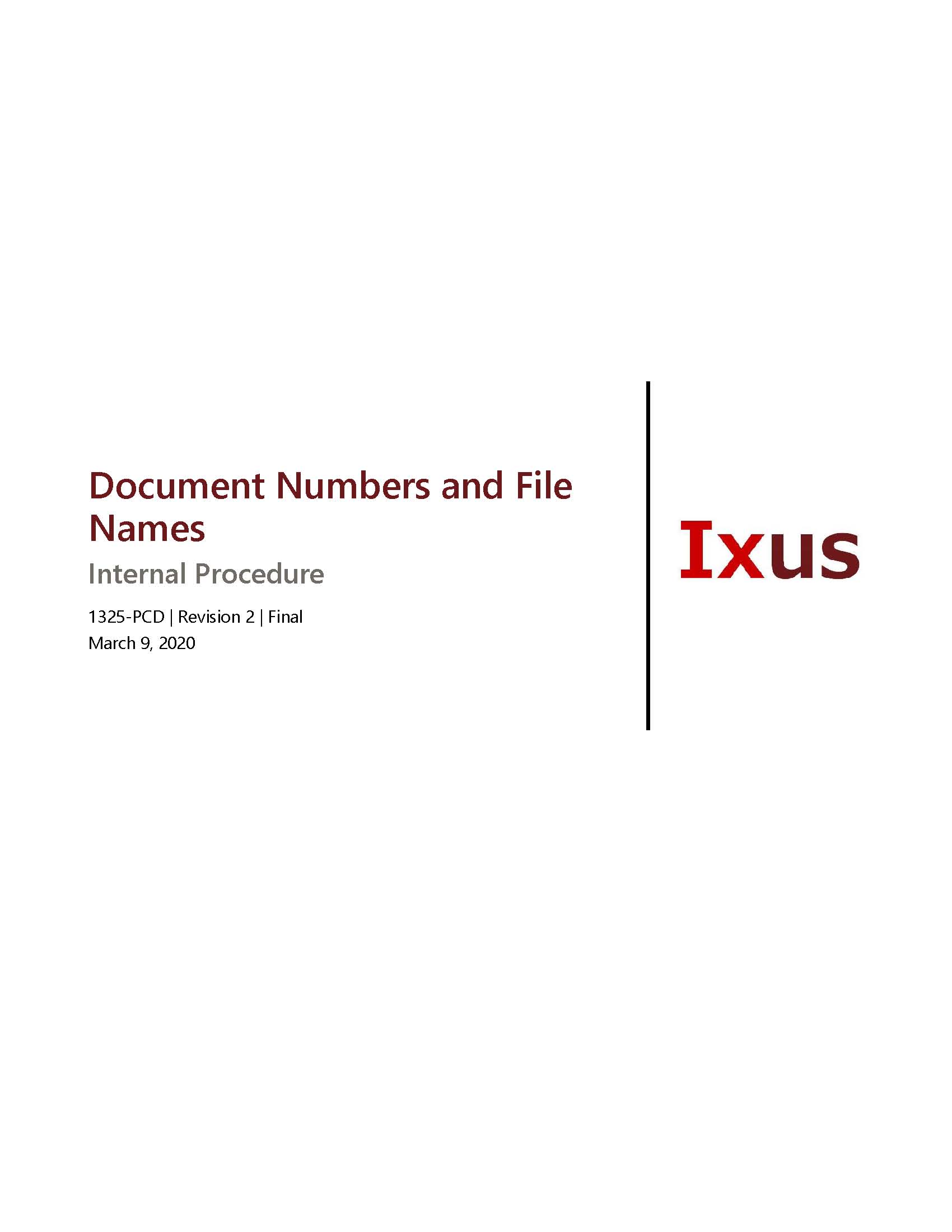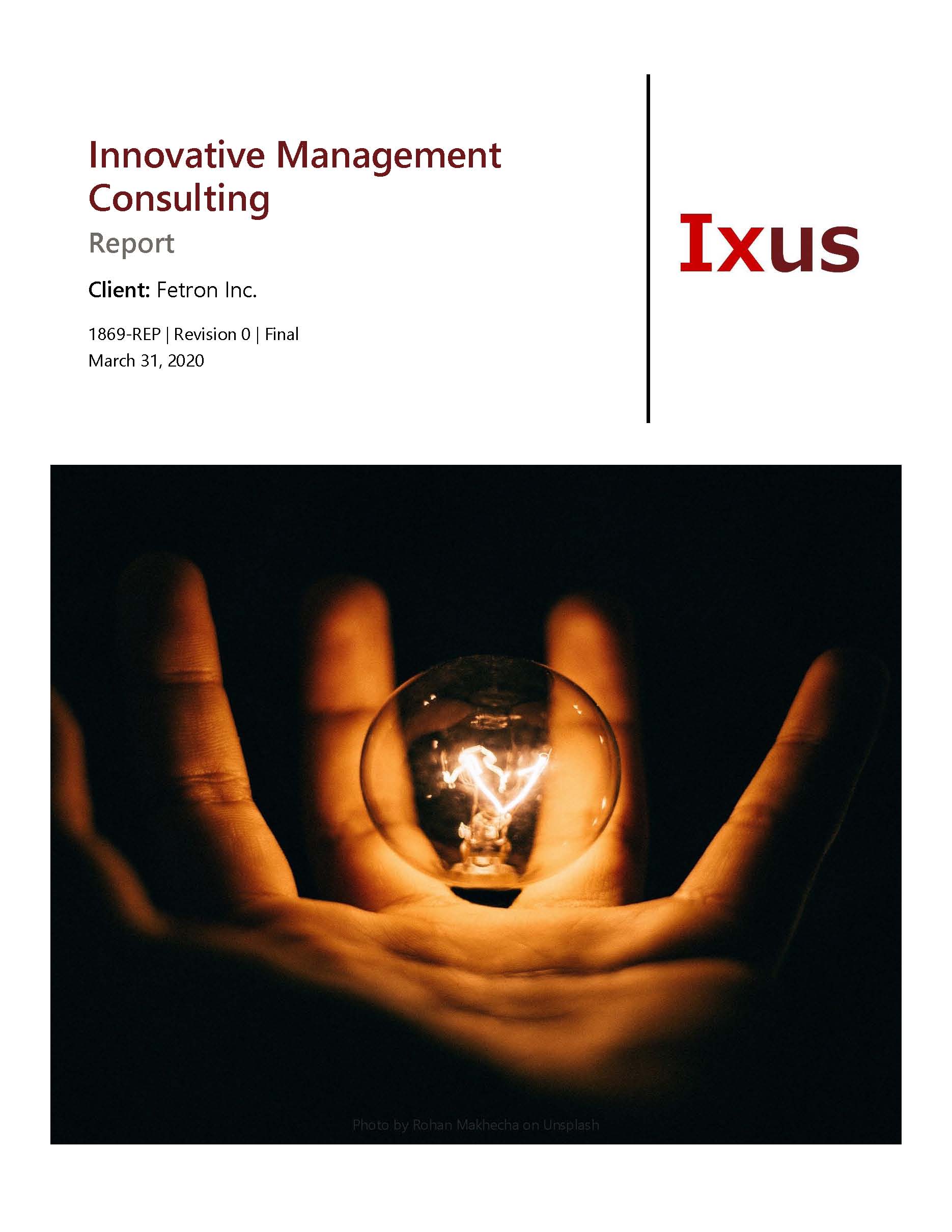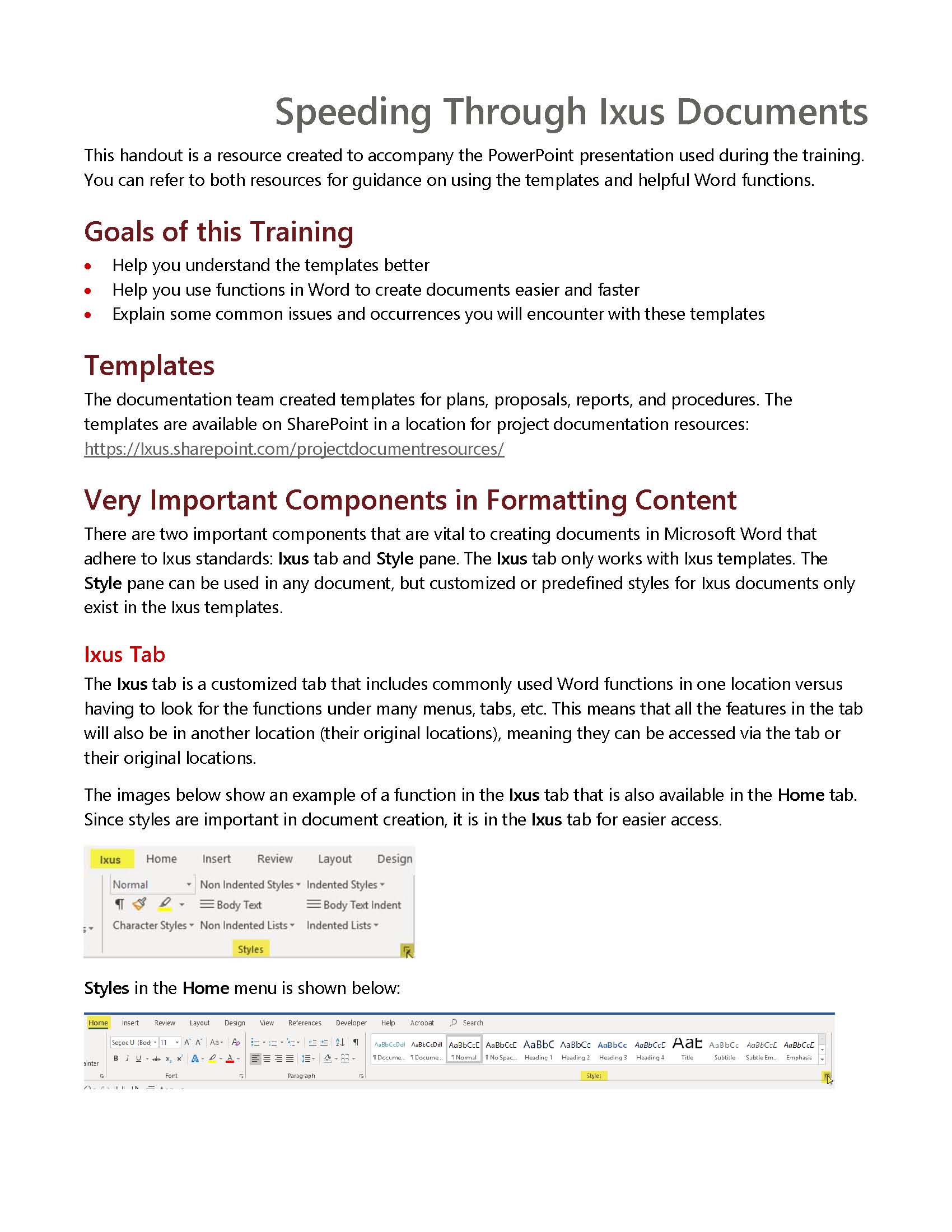Professional and Technical Writing

While earning a Master's in Professional and Technical Writing, I took many courses to prepare me for a professional and technical writing career. These courses included but are not limited to Software Documentation, Writing on the Web, Technical Editing, Document Design, and Teaching Writing for the Workplace. I've put knowledge obtained over many years into practice for internal and external audiences, writing and/or editing the following content types:
- standard operating procedures (SOPs)
- process and admininstrative procedures
- training presentations
- tutorials
- security, chemical hygiene plans, test, execution, and statistical process control (SPC) plans
- training plans
- proposals in response to RFPs
- grant proposals
- policies and regulations
- hazard analyses
- resumes
- release notes
- online help and user documentation (including IT guides such as administration, installation, API, SOI connector, SOI mobile interface, oncall, and operator guides)
- guides for various purposes, such as onboarding and team best practices
- team resource documentation (wiki, SharePoint, web pages, and Google Docs)
- reports
- FAQs
- style guides
My professional writing experience has been a mixture of business and technical writing (pertaining to technical subject matter). Therefore, the following samples include this mixture.
Samples
The samples included are standard operating procedures, online help -InDesign Online Help,a grant proposal, report, tutorial, and an internal procedure.
Note: Hover the mouse pointer over images for additional information and tips.
Back toProjects

